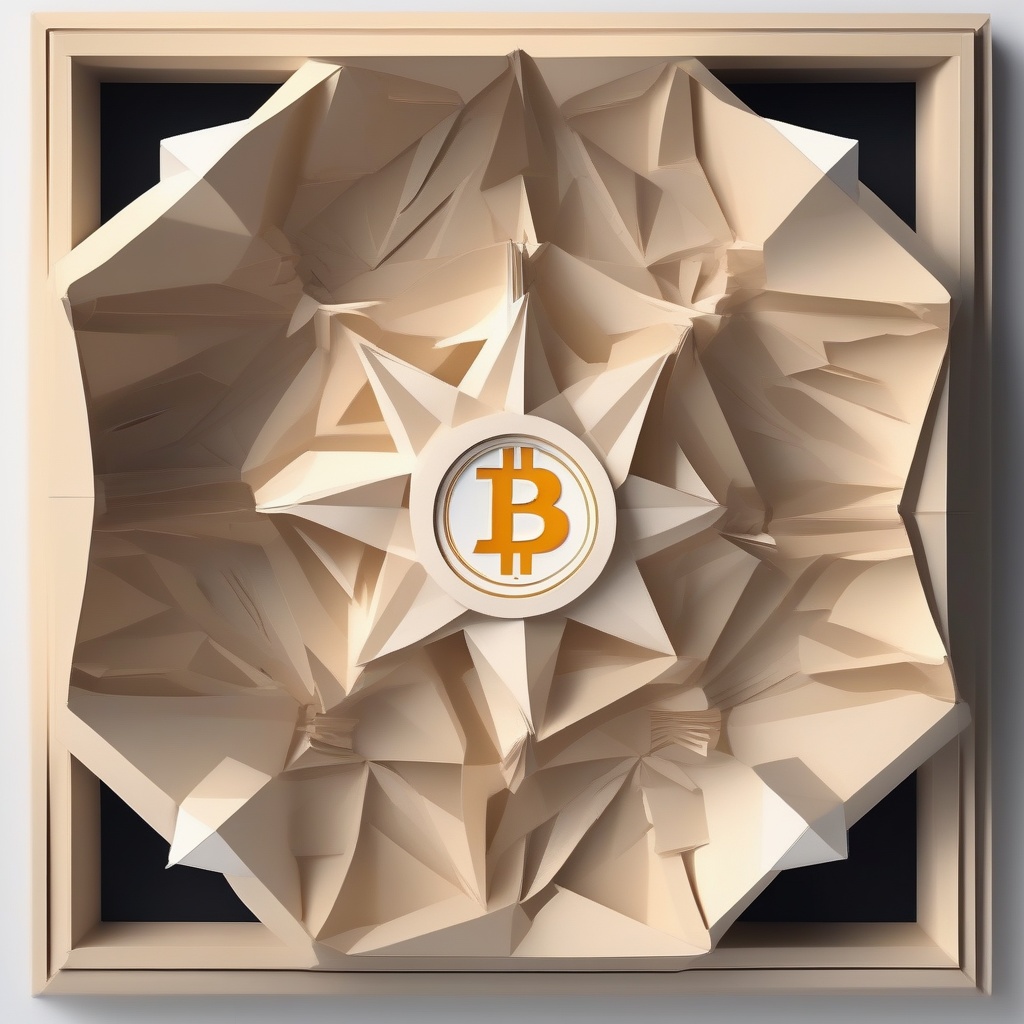Is Polygon the next Ethereum?

7 answers
Was this helpful?
Was this helpful?
Was this helpful?
Was this helpful?
Was this helpful?

Was this helpful?
Was this helpful?
Was this helpful?
Was this helpful?
Was this helpful?